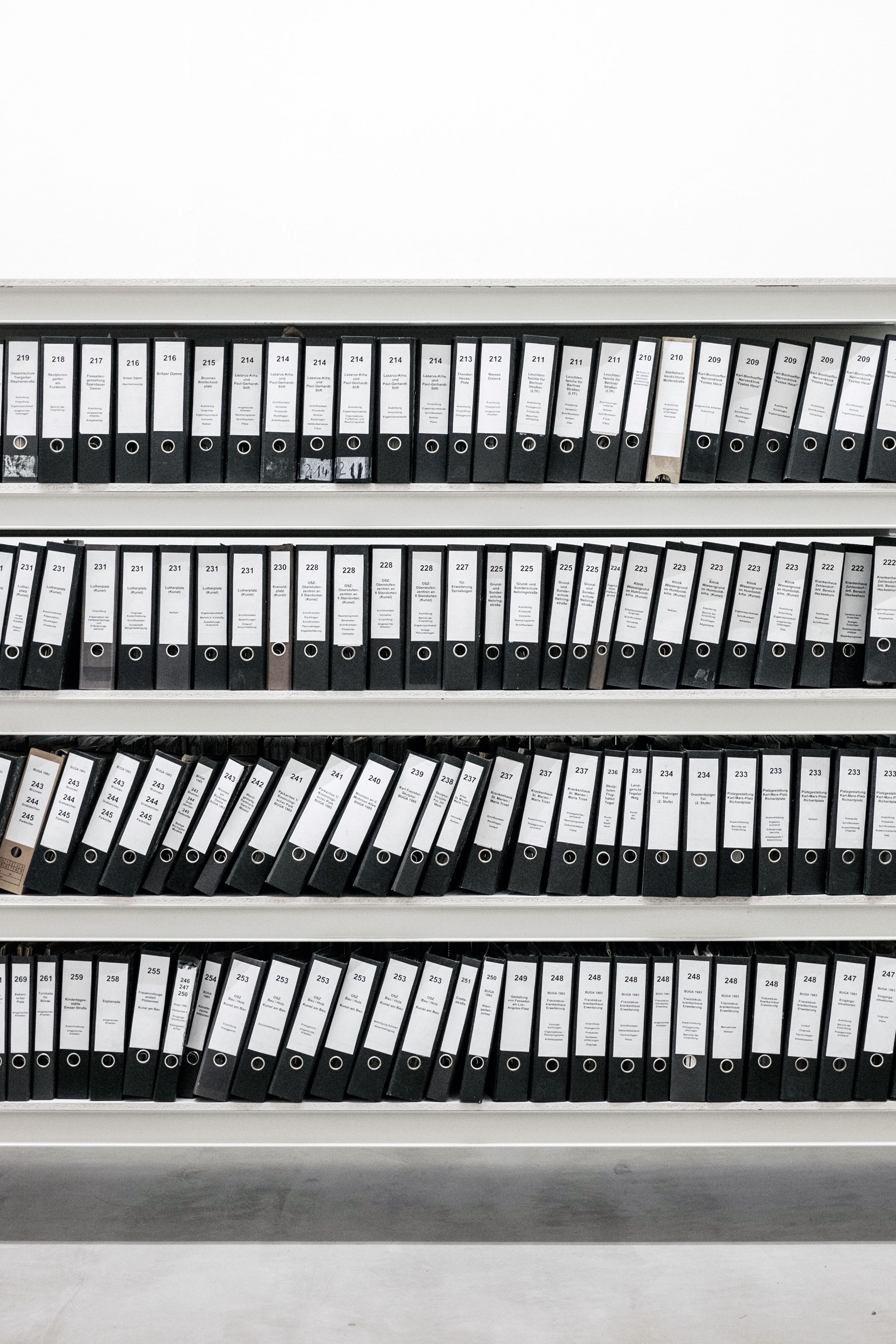Answers from an Actual Lawyer: Do I own my podcast?
Don’t be fooled by the “don’t worry, you own your content” lingo some vendors like to tout.

Note that this is general information, not legal advice, and does not form an attorney-client relationship. Please consult a specialized lawyer to address specific legal issues with respect to ownership!
When you pour hours of time and creativity into your podcast, it’s natural to want to share it with as many people as possible. Social media platforms and sponsorships can be helpful tools for connecting with a larger audience, but you may be unknowingly giving up certain rights to your own content!
If you decide to post your show to sites likes Facebook and Twitter, or when you start monetizing, confusion over who owns the content often leave podcasters with questions such as:
- What rights am I giving up when I publish my content on social media?
- Can companies I work for use my content without my permission?
- If I make a show for a sponsor, do I own it or does the company?
- Do I actually have all the ownership rights over the stuff that I think I do?
What is Copyright Anyway?
Copyright is an intellectual property law that protects original works from being copied by others without the creator’s permission. Copyright applies automatically to any original content. The law lasts for at least as long as the creator’s life, plus an additional number of years, depending on other specific rules and guidelines.
Once the copyright expires, works then become part of the public domain and can be used by anyone for free, without the author’s permission. Currently, everything that was created before 1923 is now within the public domain (with a few exceptions), so anyone can recreate or re-imagine such works as A Christmas Carol, Pride and Prejudice, Frankenstein, and thousands of other stories. Fun facts: The Great Gatsby will enter the public domain in January 2021 and Ernest Hemingway's The Sun Also Rises in January 2022. Just one more reason to toast on New Year’s Eve!
Posting on Social Media Platforms
Publishing your podcasts on social media is an easy way to attract an audience, but this free advertising can come with a hidden price: while you still technically own your content, most social media platforms have broad license rights that allow them to use your content for any reason they’d like. Most can even give these rights to others for free. This license statement is hidden within the “Terms and Conditions” page that you agree to when you create your profile. It can cause a few major issues:
- If you were planning to monetize or sell your podcast shows or feature-exclusive content behind a paywall, posting it on social media is obviously not going to help!
- You won’t be able to control how your content is used, shared, downloaded, or changed once you upload it to social media. This is true both because of any terms you may have agreed to, and also because some people on the internet have a pretty casual relationship with properly crediting creators.
Many creators still find worth it to use social media to expand their audience and make their podcast available to everyone, but it’s important to be wary of the possible consequences.
Working with Vendors
If you pay to have someone else help you with your content (or help you distribute it, like your hosting company), make sure to thoroughly read over your agreement, including the fine print. Similar to social media, you may technically still have ownership over your content, but vendors may be able to take certain licensing rights without your consent including:
- Distributing your show beyond what you agreed to
- Inserting ads for their services into your show
- Monetizing your show (often having no obligation to share any of the proceeds with you)
- Creating different versions of or making changes to your show
Most importantly, be very cautious working with vendors who claim to help for “free.” Remember: If you aren’t paying for a product, you probably are the product. Don’t be fooled by the “don’t worry, you own your content” lingo some vendors like to tout; if you’ve given someone a broad enough license agreement, you still “owning it” might not be worth much at all.
For example, let’s say you restored an old car into a beautiful classic–something you worked hard on and were really proud of. Understandably, you probably don’t want to park it on the street. A “friend” says that he will allow you to park your car in his garage “for free” in exchange for him having the rights to use it, alter it and monetize it. You decide to do it because you don’t want to pay the upfront costs of another garage. You still “own” it, but how are you going to feel when he rents your car out to a buddy of his to drive it to Vegas without even asking your permission or giving you a cut of the rental fee? How about when he wraps your car in one of those tacky car wrap ads to advertise his own business and drives it around town? How about when someone approaches you to participate in an exclusive car show, but your buddy finds out about the offer, signs the deal first and takes your car to the show without you? Sadly, one of the oldest tricks in the book is to swindle creators out of the valuable rights to their own works through hidden and confusing legalese.
Sponsorships and Brand Deals
It’s exciting to be paid to create something, but sometimes sponsors will expect that they will have ownership over any content you produce for them. Be sure to read over your agreement and take the time to answer the following questions before participating in a brand deal:
- Who will own the podcast?
- How broad is your license to use their products?
- How broad is their license to use your content?
- Do they have approval rights?
- Can they restrict distribution?
- What can you do with the show in the future?
- How can they use your show now and in the future?
- Who is responsible for getting rights from third parties (like music license rights)?
Other Ownership Issues
When you’re creating your podcast, you also have to be cautious about the materials of others you reference or use. Using other people’s music, sharing someone else’s content, or having a co-host or producer who helps you with your show can cause some serious problems if you don’t tread carefully. Here are some general tips to prevent you from accidentally using content without permission or having your own content stolen:
- Know your Fair Use laws. These laws allow people to use another creator’s work for commentary, criticism, parody, news reporting, research, and education; however, these laws vary in different countries, can be complex, and may cause arguments between creators.
- Use royalty-free music. Even if you only use a short clip of a song or if you “own” the music on iTunes, you will still have to get a license to use it in your show. However, older music within the public domain is free to use--or you could commision a musician to compose a unique song just for your podcast!
- Set agreements with your co-host. Unless you’ve already made an agreement, be sure to talk with your partner about who does and owns what!
- Protect your content. If you find out somebody is using your content without your consent, tell them to stop as soon as possible, or they may simply assume you’re OK with it. You may enlist the help of a lawyer if you’re uncomfortable with confronting the person, or if they refuse to stop.
- Create a trademark. Trademarks can help further protect your brand from being used without your permission. First, search domain names on Google and USPTO TESS (Trademark Electronic Search System) to make sure your logo and name aren’t already taken. Then, all you have to do is register your name and logo with the USPTO to make sure nobody else can use that name. Podcasters may choose Class 38 (telecommunication) or Class 41 (education and entertainment), or should consult a lawyer for more information.
Have other legal questions? Check these out:
...Did my guest need to sign a release?
Do I need a co-host agreement?
Are my vendor agreements legit?
Do I need an LLC?

